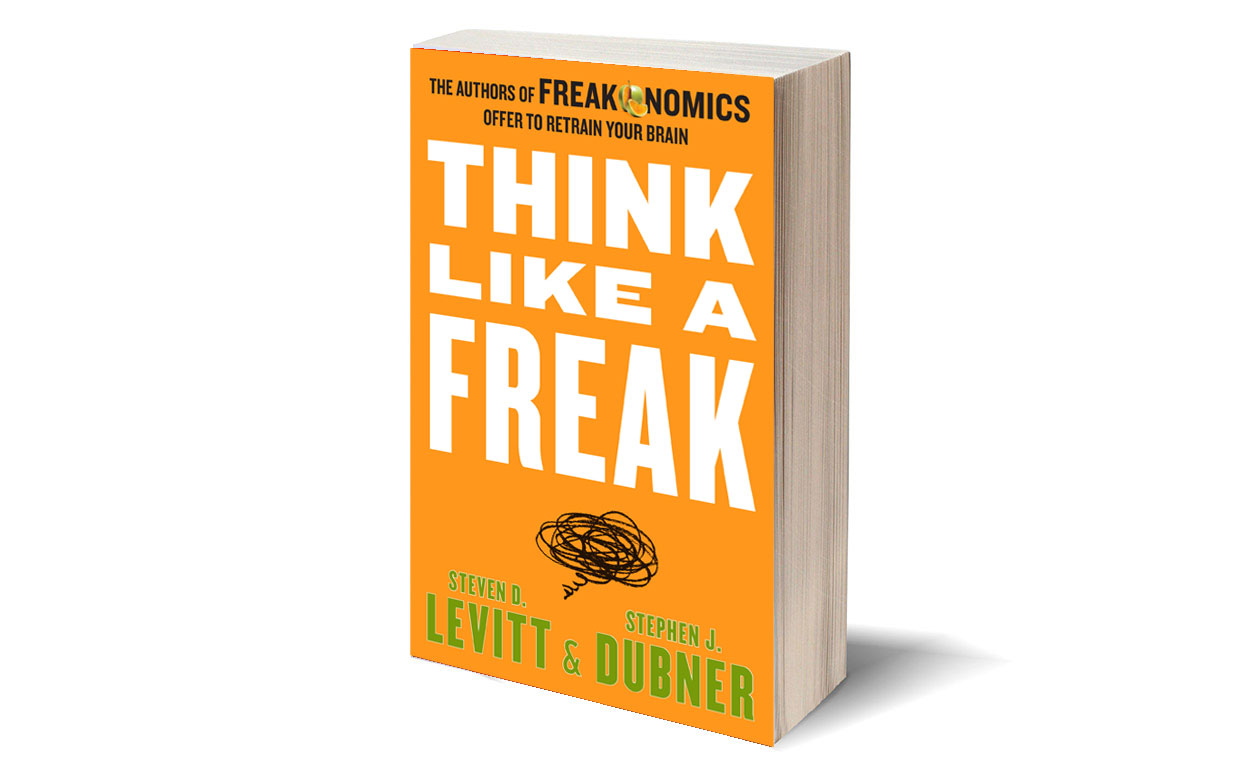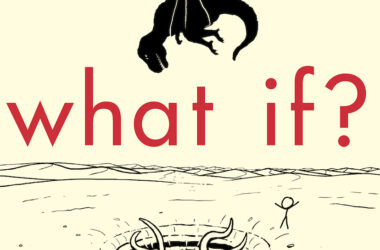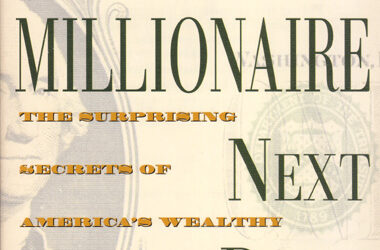Freakonomics was the book that, in my mind, started the “pop economics” trend: a brand of economics, applied to subjects that are relatable to the general public, targeted towards a mass audience as a different take on familiar matters. Though the book and its subsequent popularity wasn’t without its detractors, the authors realized they were hitting the right notes and take advantage of their expanded reach with additional books, podcasts, and a movie, plus a bizarre experiment that’s supposed to collect data from randomness in decision-making.
Think Like a Freak is the pair’s third literary collaboration on the same quintessential theme. They employ a variety of case studies, withholding the dry research – which I’m assuming holds up to the rigor of academia – in lieu of approachable writing and clever insights. Others like Priceonomics have applied the same idea to good effect, though the material presented in these stories rarely have enough depth for serious debate or follow up.
If you’re a subscriber to the Freakonomics podcasts, there’s not much new here; like Priceonomics’s new book, most of their research material is being harnessed across multiple mediums, and in this case it feels like most of their case studies have already been produced and distributed in podcast form. “Think Like a Freak” does try to tie themes together cohesively, but the advice feels a bit forced. The memorable parts of the book – what people came for – will always be the stories, and the notion of applying “Freak”-like thinking doesn’t deviate from some variation of, “question commonly accepted wisdom.”
And in fact, for the type of information and audience that Freakonomics speaks to, podcasts are a superior medium to books:
- Podcasts allow for better pacing, devoting around 40 minutes per case study, with new ones released weekly;
- Rich audio brings out the personalities in the interviews, particularly Stephen Dubner;
- Frequent updates maintain the Freakonomics brand.
That said, there is still important cachet in authorship, and they’ve done enough work promoting their ideas that such book is likely an automatic best-seller even if it treads on well-worn ground. And though there has been a resurgence of interest around podcasting, their long-term viability and business model is far from certain, even if the Freakonomics podcast is already near the top in popularity. “Think Like a Freak” isn’t a bad book, but the authors have already shown that it’s a better podcast.




